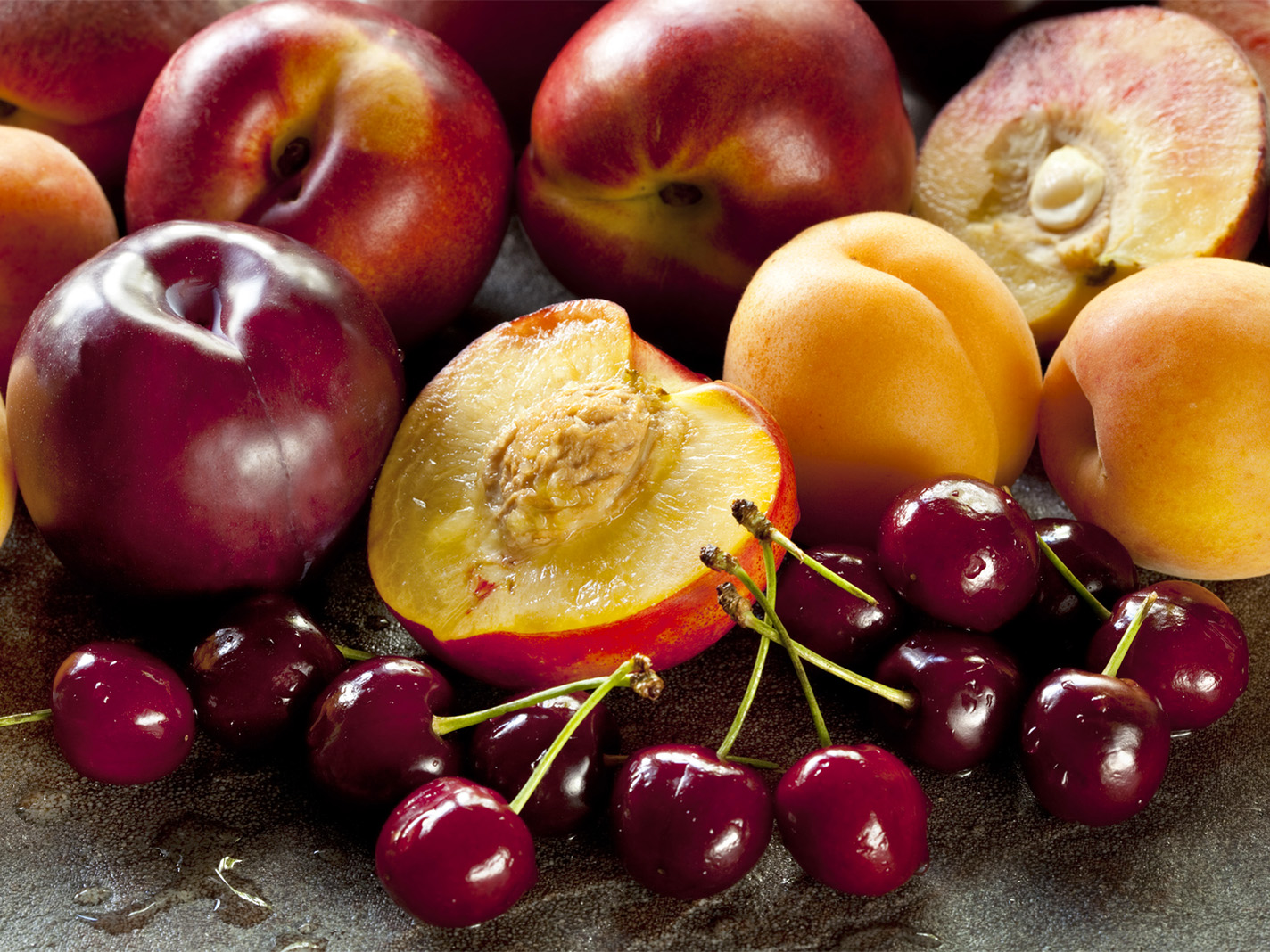



Article by: Hari Yellina
Due to labour shortages during harvest, peaches, nectarines, plums, and apricots have been either left on trees or reduced in quality, resulting in losses of up to $70 million. Summerfruit Australia’s chief executive officer Trevor Ranford claims they’ve crunched the statistics and estimate a $70 million loss for the 2021-22 stone fruit season due to unharvested and over-ripe fruit wasted in the packing process, as well as missed export markets. “There was some crop that was not harvested whatsoever and left on a tree because of the shortage of labour,” he claimed. “Or the length of time it took to harvest with fewer numbers had an impact on the quality of the fruit, and it didn’t meet packing shed criteria.”
Mr Ranford predicted a 15% to 18% drop in exports as a result of the labour shortfall. The business had been anticipating an “overall good season.” “We’d have been looking at a 130,000-tonne crop overall,” he said. While awaiting total numbers, he estimated that the amount harvested would be 10-15% lower, with the possibility of even bigger losses. Mr Ranford claims that all stone fruit growing locations in Australia have been affected to varying degrees. He remarked, “I know of one grower (near Mildura, Vic) who didn’t pick 35 hectares of fruit because they didn’t have the labour.” “The packing sheds were at 50-70 percent capacity.”
Mr Ranford stated that while initiatives had been taken to address the labour shortfall, they had not been successful. Instead, Summerfruit Australia has endorsed the ag visa, claiming that it is critical to regional economies. Mr Ranford explained, “We need a variety of programmes that we can piece together like a jigsaw.” “The Pacific Island programme has been crucial, but industry still views the ag visa as an additional tool.” He said the sector had been working actively, led by agricultural minister David Littleproud, to identify licenced employers in order to ensure that workers were not at risk. “We already have a country signed up; this merely expands our options,” he explained.
Mr Ranford said the business was not completely dependent on the ag visa, and that more “grey nomads” were moving around to provide other “tools in the toolkit,” but that the ag visa was still important. Summerfruit Australia has called on all parties and candidates to submit their strategies for dealing with future labour shortages, claiming that without proper preparation, Australia’s target of $100 billion in agricultural by 2030 will be missed.